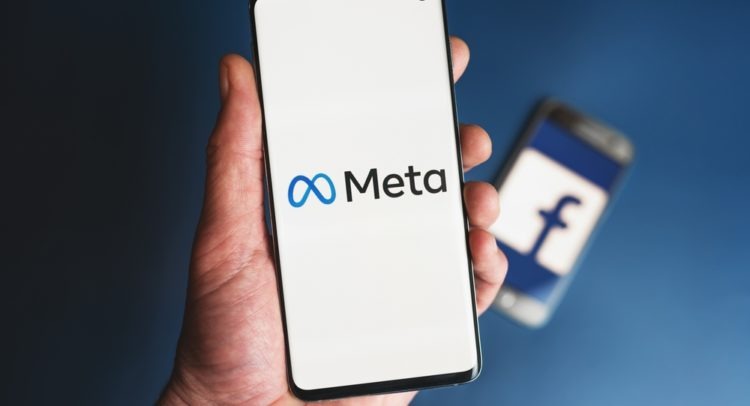Key Points
- Meta faces intense scrutiny over its handling of deepfake content during critical election periods.
- A viral, manipulated video of US President Joe Biden sparks controversy, questioning deepfake policies.
- While Meta’s adherence to its rules in keeping the video online is affirmed, broader concerns about its policy coherence emerge.
- The global rise of AI-powered disinformation tools in election years puts Meta’s policies under the microscope.
- Meta pledges to refine its stance on manipulated content, addressing gaps like ‘cheap fakes’ and the intricacies of AI involvement.
A digitally altered video of US President Joe Biden recently went viral, placing Meta, the parent company of Facebook, at the centre of a deepfake policy debate. Meta’s Oversight Board upheld the decision to keep the widely shared video online, stating it didn’t breach any existing rules. However, this incident highlighted the complexities of deepfake policy. It particularly concerns AI-generated content and its influence on public discourse during critical electoral periods.
Oversight and Outcry: Scrutinizing Meta’s Policy Framework
Meta’s decision not to remove a controversial video of Biden ignited discussions about its policies against manipulated content. Critics have described the company’s approach as “incoherent.” They accused it of failing to address digital content manipulation adequately, especially in terms of election integrity. The Oversight Board’s review not only focused on policy specifics but also highlighted the growing threat of AI-powered disinformation tools in key election years globally.
The Response and the Road Ahead
Following the Oversight Board’s criticism and broader dissatisfaction with its policies, Meta is reevaluating its deepfake guidelines. The company has committed to adapting its policies promptly, promising to respond to the board’s recommendations within 60 days in the face of evolving digital threats. This commitment addresses both sophisticated ‘deepfakes’ and simpler but equally misleading ‘cheap fakes’ that can spread significant misinformation.
Navigating the Nuances: Meta’s Policy Challenge
Meta’s struggle with deepfake content underscores a larger issue: finding a balance between digital expression freedom and the need to prevent misinformation. As AI technology advances in content creation and editing, Meta is tasked with revising its policies to identify and address various forms of digital deceit. The case involving the Biden video, which technically did not violate any rules, emphasizes the complex balance between policy specificity and the broader duty to protect electoral integrity and public trust.
As Meta refines its deepfake policy, its approach will not only impact the integrity of its own platform but also serve as a benchmark in the fight against digital disinformation in the AI era.
















